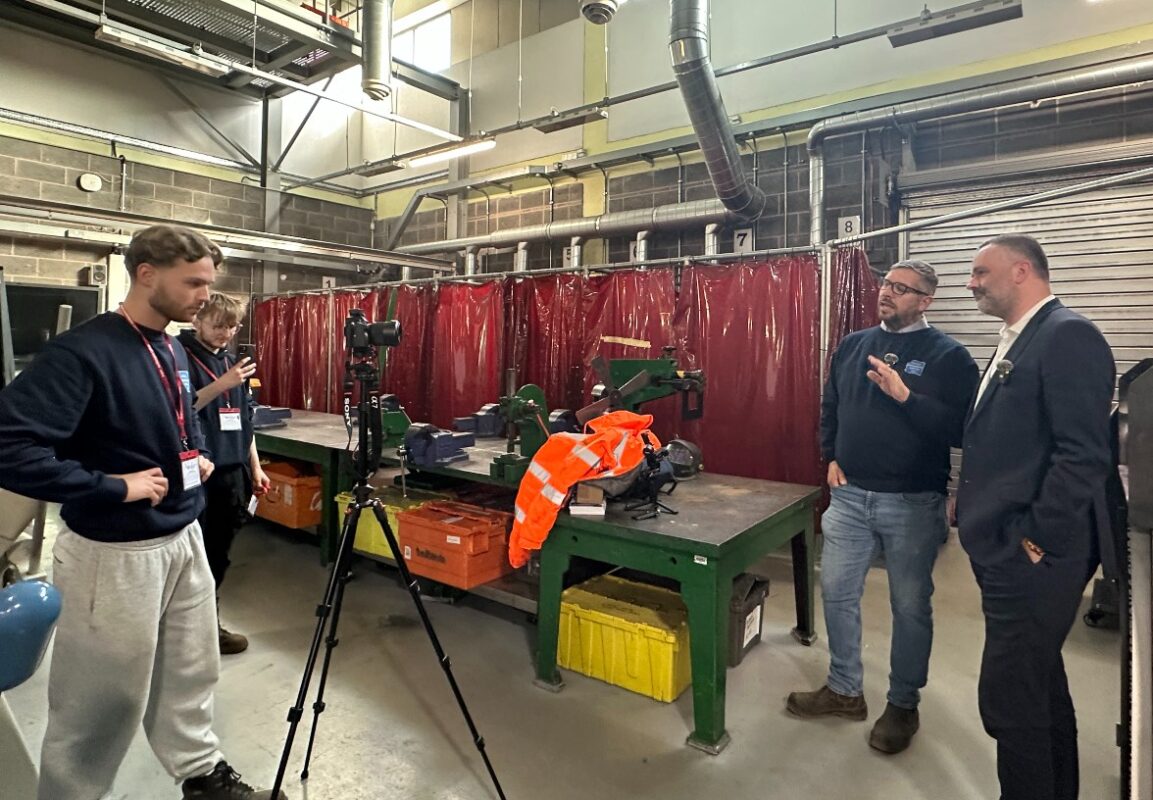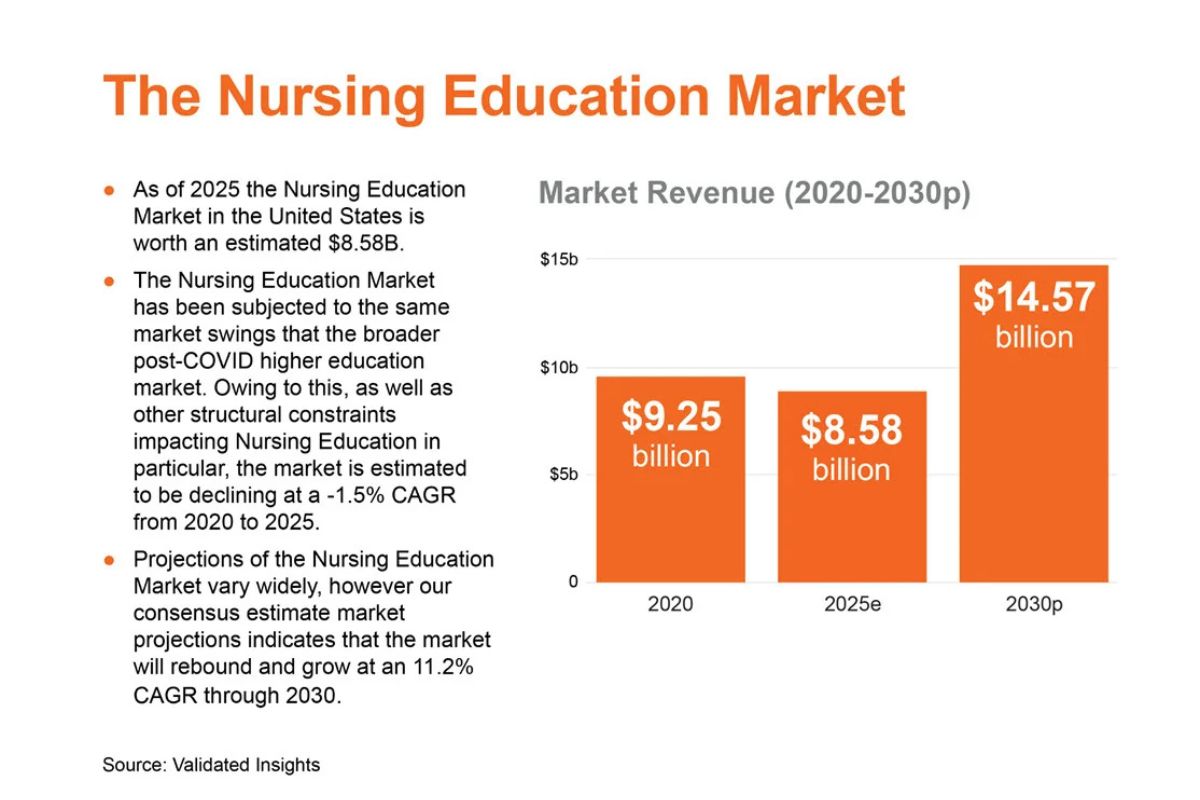Shining a spotlight on EDI excellence in practice

In this blog, Jeff Greenidge highlights the importance of constant evaluation, challenge, and expertise sharing when making lasting change on EDI in FE and shares best practice from three organisations.
The inequalities faced by the further education sector are complex and multifaceted, and involve social, economic, historical, and psychological factors.
We need to urgently address these disparities, and to do so, we need to move on from inadequate and conventional management techniques. Personal prejudices must be confronted and the institutional frameworks that support them must be destroyed.
It is hugely encouraging to see college leaders and practitioners seriously reflecting and reevaluating their strategies and methods, and in colleges across the country, there is a wealth of best practice in place in all different forms. I want to take the opportunity to share three stories of success more widely in the hope that they will inspire others and stimulate meaningful discussion.
All three of the following organisations are working hard on equality, diversity and inclusion, but all doing so in a way that is suited to their context, staff and students.
Milton Keynes College Group
A big focus for the Milton Keynes College Group has been managing risk in a more inclusive manner.
With current risks, leaders are ensuring that as a baseline, individualised commentary of the nine protected characteristics, the impact from each identified risk, and any additional mitigations or action needed is at the forefront of planning and decision making.
On new risks, leaders are establishing a mechanism that identifies risks, and are working towards a series of working groups and surveys which will establish blind spots on protected characteristics.
The college is also piloting a revised Equality Impact Assessment (EIA) process in key functions like people services, project management, and finance. The new process will facilitate more inclusive approaches at the planning and implementation stages, identify areas for development, inform learning and development and CPD, and enable the group to monitor and evaluate risk across the group.
Nottingham College
Four years ago, Nottingham College opened their first “café”: a space in which colleagues with similar experiences can come together to network and to support each other. The meetings happen termly, and there are now cafés for bereavement, carers, disability (seen and unseen) the menopause, cultural café, for new parents, for LGBTQ+ colleagues and for wellbeing.
In these meetings, members help shape policy, process and working environment, which in turn, this fosters a sense of belonging. The cafés also welcome guest speakers from external organisations and therefore have strengthened partnerships and collaboration beyond the college gates. The evidence shows that people are attracted to work for Nottingham college and to remain in post.
VTCT Group
The VTCT group have reviewed of their top sixty qualifications to ensure that assessment practices provide equity, diversity, and inclusivity and are unbiased and equitable for all learners undertaking these qualifications.
Over the past few years VTCT has seen a more diversified learner population who identify in many ways in terms of both gender identity and sexuality, and recognised the importance of ensuring the assessment methodology within qualifications reflect this positive change.
VTCT is now moving away from the conventional assessment requirements, for example, barbering assessments must be undertaken on men’s hair or hairdressing must be undertaken on women, and now allows for learners to work with a range of clients who may identify as a particular gender, or who are gender fluid. VTCT have also removed gender specific pro-nouns and is now using gender neutral language.
Looking to the Future
I am really pleased to see the organisations highlighted above, and other leaders and sector groups, overcoming their anxieties and translating their commitment to ensuring equitable treatment of students and staff into actions.
However, there is always more to be done across every role in a college. To promote equity and remove obstacles to participation, access and the success of our diverse talent pool, I encourage both leaders and practitioners to continue establishing inclusive policies and procedures.
I am optimistic; but making the most of our diverse talent pool and preventing discrimination and disadvantage will require constant evaluation, challenge, and practice sharing. Complacency is not an option.
By Jeff Greenidge is the Director for Diversity and Governance at Association of Colleges











Responses